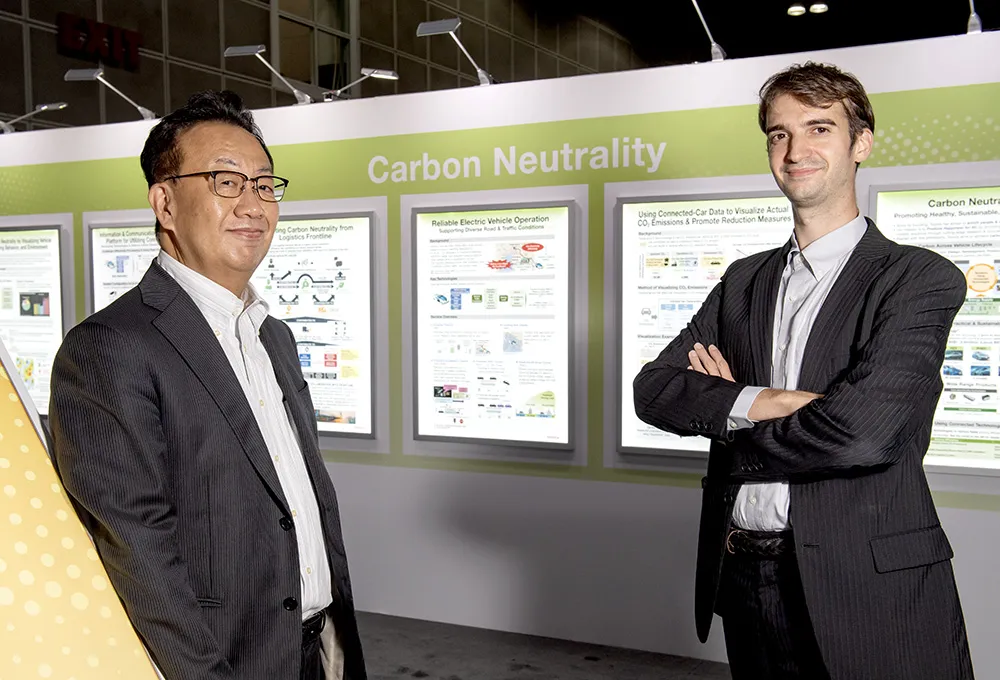Stockholm has set a target to use renewable fuels for 75 per cent of its public transport by 2016, as part of a range of new measures for social responsibility and climate impact set by Stockholm County Council (SLL). The measures also include a 75 per cent reduction of carbon dioxide emissions by 2020, compared with 1990, and a 10 per cent reduction of particle emissions by 2016, compared with 2011. The council also aims to raise the level of material recycling to a minimum of 25 per cent and for its IT op
June 12, 2012
Read time: 1 min
Stockholm has set a target to use renewable fuels for 75 per cent of its public transport by 2016, as part of a range of new measures for social responsibility and climate impact set by Stockholm County Council (SLL).
The measures also include a 75 per cent reduction of carbon dioxide emissions by 2020, compared with 1990, and a 10 per cent reduction of particle emissions by 2016, compared with 2011.
The council also aims to raise the level of material recycling to a minimum of 25 per cent and for its IT operation to reduce its energy use by 50 per cent by 2016, compared with 2010.
Other measures include environment requirements in tenders, elimination of decommissioned chemical products from all county council founded operation, and use of organic products in 30 per cent of food served in the county council.
The measures also include a 75 per cent reduction of carbon dioxide emissions by 2020, compared with 1990, and a 10 per cent reduction of particle emissions by 2016, compared with 2011.
The council also aims to raise the level of material recycling to a minimum of 25 per cent and for its IT operation to reduce its energy use by 50 per cent by 2016, compared with 2010.
Other measures include environment requirements in tenders, elimination of decommissioned chemical products from all county council founded operation, and use of organic products in 30 per cent of food served in the county council.










